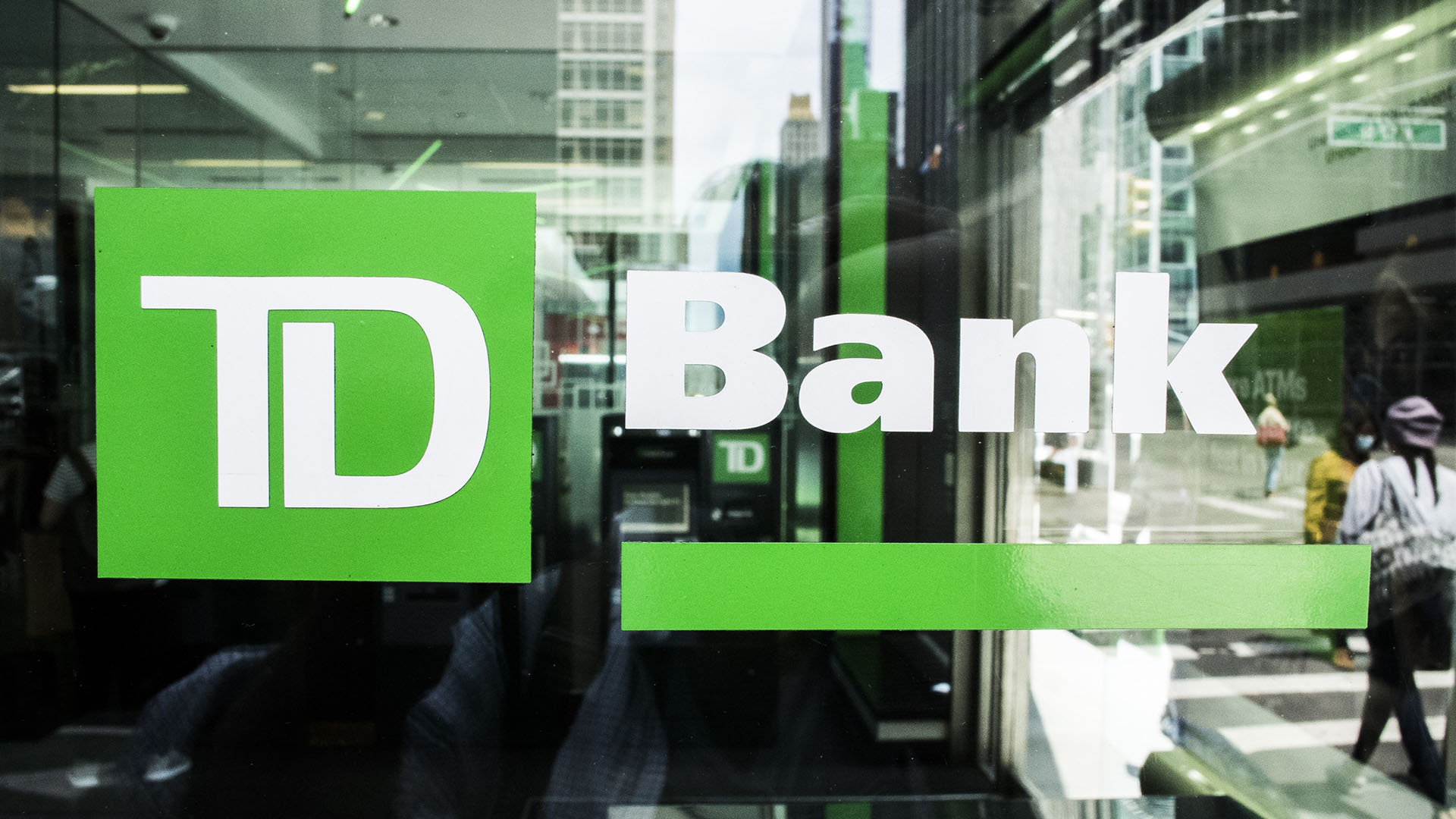The bank agreed to plead guilty to charges that it violated the Bank Secrecy Act in federal court in New Jersey last week. TD also settled a number of civil investigations by the U.S. Treasury’s Financial Crimes Enforcement Network, the Federal Reserve and the Office of the Comptroller of the Currency.
[…]
According to prosecutors, TD Bank’s U.S. unit failed to uphold proper anti-money laundering controls for almost a decade, from 2014 to 2023, during which time prosecutors said numerous criminal enterprises were able to transact through the bank. This included a Chinese drug trafficking group that bribed bank employees and was ultimately able to launder more than $470 million in cash linked to the sale of fentanyl and other illegal drugs, as well as another money laundering scheme that sent tens of millions of dollars to Colombia.
[…]



Who are you with? There isn’t much choice outside of Quebec.
Feel free to decline if it’s a small bank, don’t doxx yourself either 😉
Good point on dox etc. We have lots of options in BC. Coast Capital, FirstWest, and VanCity are good options here.
TD bank manager actually suggested I open my business account with Coast Capital LOL, he said TD can’t compete with what Coast Capital offers.
When I switched I went from 21$ TD monthly fee plus $1.50 debit transactions…to zero fees for anything.
Plus government kicked in $200 as incentive to choose a credit union.
Credit Union also allows us voting on major policy changes, so members have a say in how the union develops.
Profits are fed back into community support.
TD had all my business before. Personal and business account, car, house, motorcycle insurance, RRSP, credit card, line of credit. They got too greedy though, and as I used line of credit they kept re-evaluating the variance. So about a 3% rate rose to 17%. But the real push was watching transaction order get changed overnight to force an NSF fee charge the next day, by counting (reordering) morning deposits last after evening withdrawals.
I’ve been really satisfied with Alterna in Ontario for the last decade.